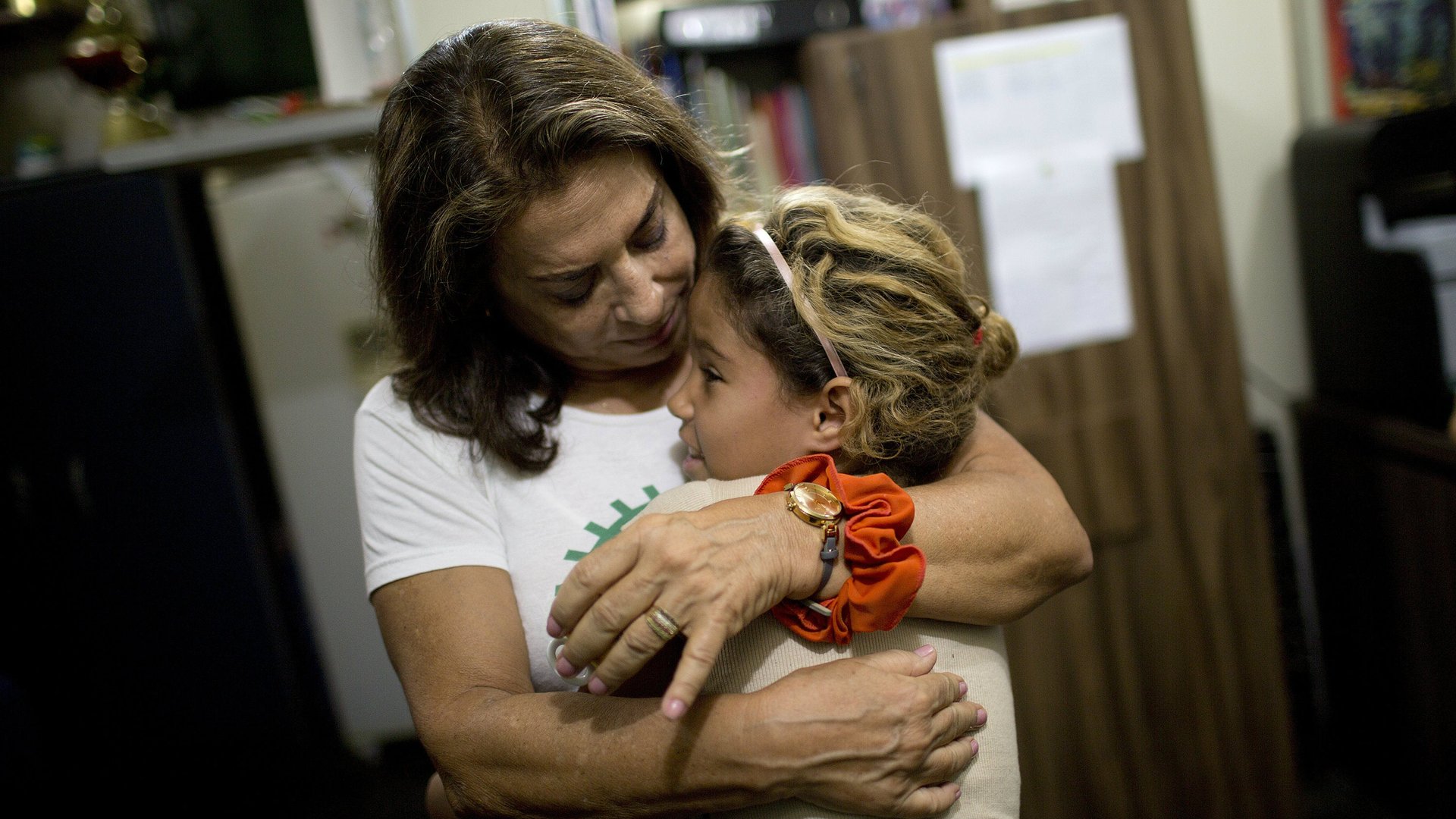A new study reveals the best coping mechanisms for stressed kids and teens
A recent study has outlined which coping strategies work best for stressed children and teens. The study is a meta-analysis of more than 200 coping and emotion regulation studies that included more than 80,000 young people. Learning effective ways to manage stress is especially important for children, says lead author Bruce Compas, professor of psychology and human development at Vanderbilt University.


A recent study has outlined which coping strategies work best for stressed children and teens. The study is a meta-analysis of more than 200 coping and emotion regulation studies that included more than 80,000 young people. Learning effective ways to manage stress is especially important for children, says lead author Bruce Compas, professor of psychology and human development at Vanderbilt University.
“Chronic stress is bad for adults, but it is particularly troublesome for children, because among many other effects, it can disrupt still-developing white matter in the brain, causing long-term problems with complex thinking and memory skills, attention, learning, and behavior. We found that the ways children cope are highly personal, and the strategies they choose do not always lead to ameliorating the negative effects of stress.”
For the purposes of the study, common coping strategies were divided into five categories: problem solving, emotional suppression, cognitive reappraisal, distraction, and avoidance. Researchers measured the effect of these strategies on the subjects’ internalized symptoms like depression, anxiety, and loneliness, as well as external manifestations of stress like antisocial behavior and aggression.
“In this new work, we found that when the subjects used adaptive strategies, like looking at a problem in a different way, engaging in problem solving or pursuing constructive communication, they were better able to manage the adverse effects of stress,” Compas says. “Those who used maladaptive strategies like suppressing, avoiding, or denying their feelings, had higher levels of problems associated with stress.”
The findings echo what Compas has learned through his longitudinal studies of children coping with cancer and other chronic pediatric conditions.
“Most or all of the stressful aspects of cancer are uncontrollable, from the diagnosis itself to the treatments, to the side effects of treatments, and the uncertainty about the future,” he says.
“We have found time and again that the most effective strategies for coping with these types of uncontrollable stress are ones that involve adapting to the stressors rather than trying to change the stressors,” Compas says.
Whether a child or teen’s stress is triggered by anxiety about a new school or something far more serious, parents can play a key role in helping them manage their stress successfully.
He offers these tips:
- Make time to listen to your child and let them share with you the stresses and challenges they are facing. No need to give any advice at first, just listen and let them share what they are struggling with.
- Remind yourself and your child of the first rule of coping with stress: “try to change the things you can change, and accept the things you cannot change.”
- Think out loud with your child about how you have coped with similar situations in the past or how you might cope with the situation if you haven’t faced a similar stressor in the past.
- Encourage your child to make a plan and then follow up in a day or two. If the first plan doesn’t seem to help, think it through together and try another plan until either the problem has changed or your child has been able to accept the problem and adapt to it.
“Stress is the single most potent risk factor for mental health problems in children and adolescents, including depression, anxiety, post-traumatic stress syndrome, eating disorders, and substance use,” Compas says. “But the good news is the brain is malleable. Once positive coping skills are learned and put into practice, especially as a family, they can be used to manage stress for a lifetime.”
This article was originally published on Futurity. It has been republished under the Attribution 4.0 International license. Read the original article.